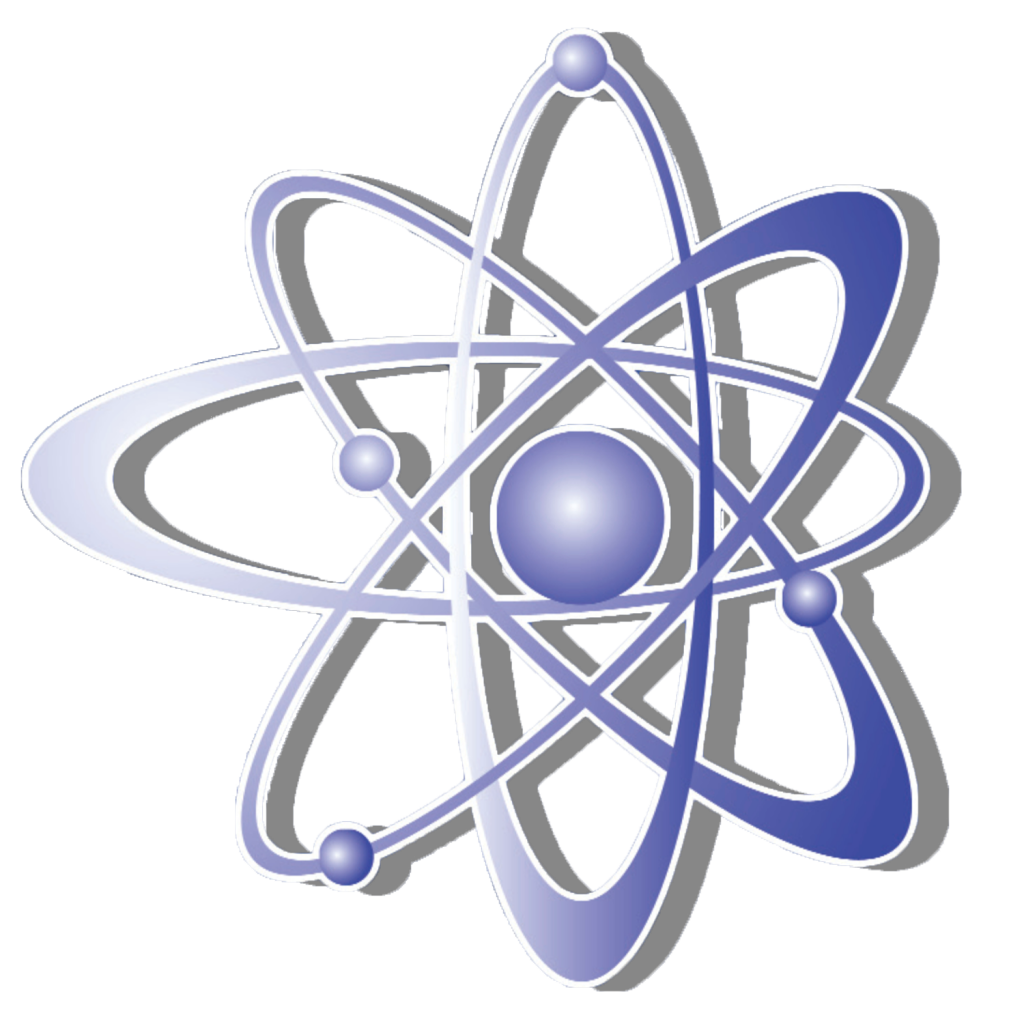 On July 1, in the second reading, the Verkhovna Rada of Ukraine adopted the Law "On Higher Education" No. 1187-2. 337 People's Deputies took part in the vote, of which 276 supported this decision.
On July 1, in the second reading, the Verkhovna Rada of Ukraine adopted the Law "On Higher Education" No. 1187-2. 337 People's Deputies took part in the vote, of which 276 supported this decision.
This draft law was developed back in 2012 by a working group headed by KPI rector Mykhailo Zgurovsky. In order to improve the law, discussions were held with representatives of the public, students, as well as with representatives of more than 30 educational organizations.
Also, this draft law was being finalized already at the stage of adoption. "Between the first and second readings, we received 959 amendments," Liliya Hrynevych, head of the Verkhovna Rada Committee on Science and Education, said.
According to experts, this draft law will enable national education to reach a qualitatively new level, which in turn will help Ukraine to join the European educational space, as well as increase the competitiveness of Ukrainian graduates on the labor market.
In particular, the main changes that took place in the new draft law "On higher education" are: establishing levels and degrees of education, eliminating the levels of accreditation of higher educational institutions, introducing the academic and first scientific degree - doctor of philosophy, introducing the National Agency for the Quality of Higher Education and independent institutions assessment and quality assurance of higher education, establishment of a new order for a higher education institution to acquire national status, establishment of research universities, consolidation of the system of external independent evaluation at the legislative level, expansion of real autonomy of higher education institutions, etc.
As Minister Serhiy Kvit noted, for the competitiveness of Ukrainian universities in the world market, it is important to create university autonomy.
"At the heart of the draft law "On Higher Education" is the idea of university autonomy, primarily in the academic, organizational and financial spheres. It is planned to expand the powers of academic councils and teams of the university, in particular, the right to independently elect the rector, while the ministry will only record the fact of the election," Serhii Kvit notes.
As noted, the law was adopted with amendments, and therefore it is subject to technical and legal editing.
According to the materials: UNIAN



